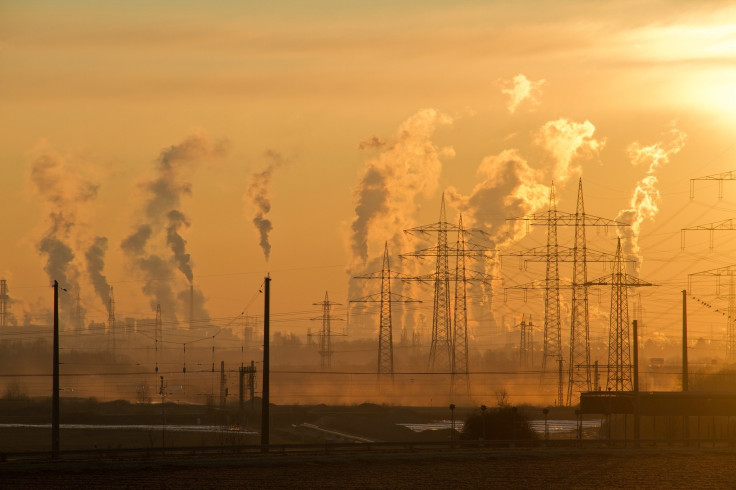
Humanity has two years to "save the world," as global temperatures keep on rising and breaking historical records, the United Nations' climate chief said on Wednesday.
Concretely, Simon Stiell said that governments need to make dramatic policy changes and allocate the money to implement them as they face a 2025 deadline to present updated plans to tackle carbon emissions.
"We still have a chance to make greenhouse gas emissions tumble, with a new generation of national climate plans. But we need these stronger plans, now," said Stiell, according to a report by The Associated Press.
"More and more people want climate action right across societies and political spectrums, in large part because they are feeling the impacts of the climate crisis in their everyday lives and their household budgets," he added.
The warning comes a day after Europe's climate monitor said that 2024's was the hottest March on record and the tenth straight month of historic heat, with sea surface temperatures also hitting a "shocking" new high.
The Copernicus Climate Change Service said that March was 1.68 degrees Celsius hotter than an average March between the years 1850-1900, the reference period for the pre-industrial era.
Moreover, it's the 12th month in a row where temperatures stood above the 1.5°C limit set in the 2015 Paris accords. This doesn't mean the limit has been breached, as it's measured in decades, not years, but the trend is certainly pointing that way. A UN body warned that the limit will indeed be breached in the early 2030s.
Latinos in the U.S. are disproportionately affected by climatic events. A study by the Hispanic Access Foundation showed last year that members of the demographic face a higher risk of being impacted by floods. Latinos in the U.S. are also among those most impacted by the combined effect of extreme heat and wildfire smoke, which pose a greater risk to people than separate.
According to a study published in the journal Science Advances and reported by The Associated Press, climate change is increasing the frequency of both hazards, especially in the state of California. This has led to increased hospitalizations, with nonwhite communities being disproportionately impacted.
Consequently, Latinos in different battleground states for this year's presidential elections expressed concern for Donald Trump's climate policies while in office between 2017-2021, hinting at their discomfort if they are replicated or exacerbated should he win in November, a poll by Climate Power En Acción showed.
Concretely, Latinos in Arizona, Nevada and Pennsylvania said that climate is a key issue for them at the time at casting a ballot, even if they don't make a clear distinction between the policies implemented by the current president and his predecessor.
This is not the first poll showing that climate can be a scale-tipping issue for Latinos at the ballot box. A study by the Hispanic Access Foundation from late February detailed the views of voters in Arizona, Colorado, Idaho, Montana, Nevada, New Mexico, Utah, and Wyoming.
Overall, 78 percent of respondents said that the effects of climate change in their state over the past 10 years have been significant, with levels of concern reaching an all-time high in the poll's history.
© 2025 Latin Times. All rights reserved. Do not reproduce without permission.





